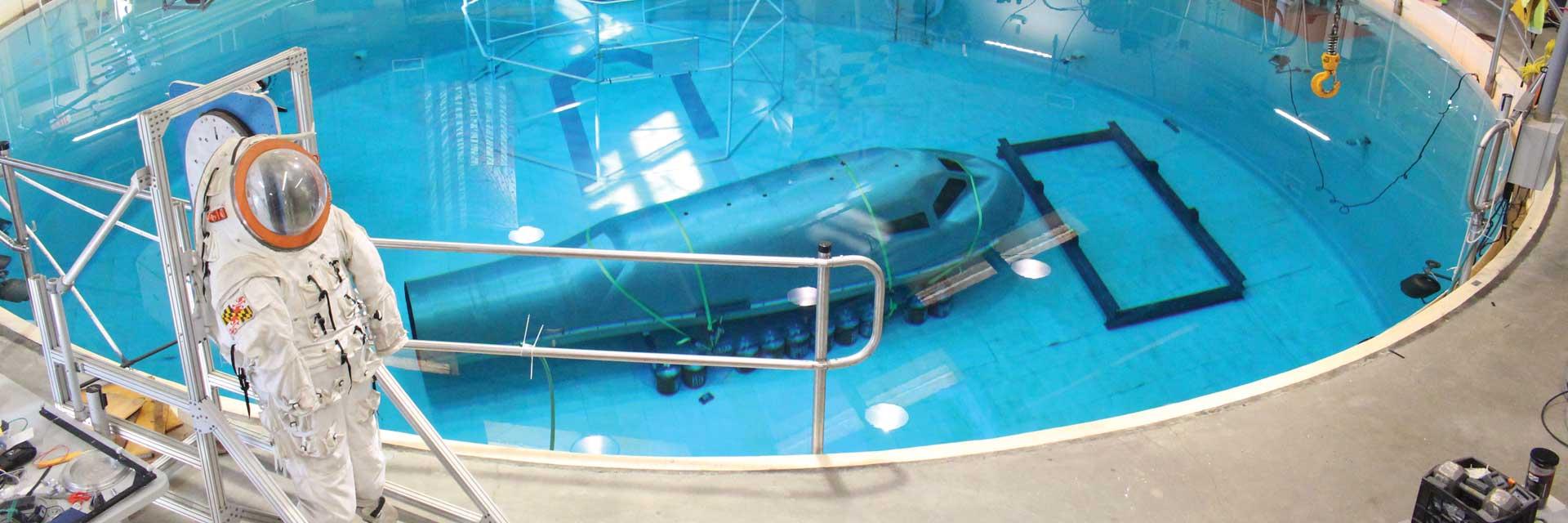Facilities
The University of Maryland is home to research facilities, labs, and teams tackling some of the toughest challenges at the leading edges of space-related research.
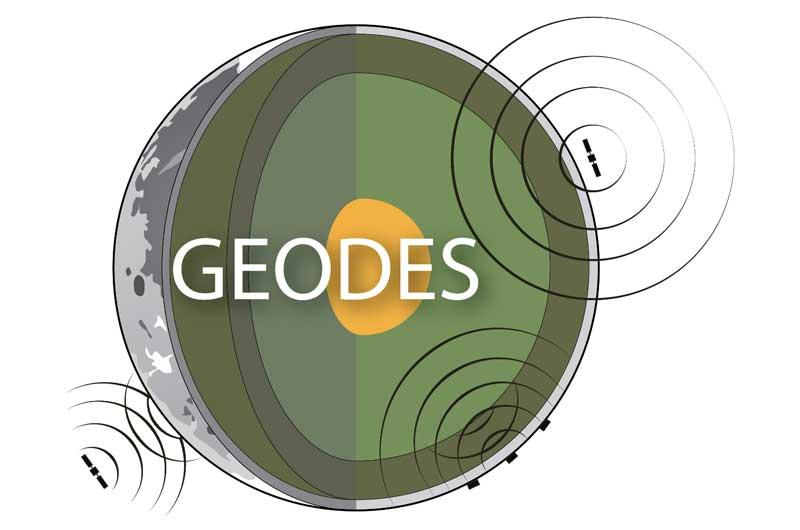
Geophysical Exploration of the Dynamics and Evolution of the Solar System
GEODES (Geophysical Exploration of the Dynamics and Evolution of the Solar System) is a team within the NASA Solar System Exploration Research Virtual Institute. We investigate the Moon, near-Earth asteroids, and the moons of Mars with geophysics methods to enable the exploration of their surfaces.
Learn More for Geophysical Exploration of the Dynamics and Evolution of the Solar System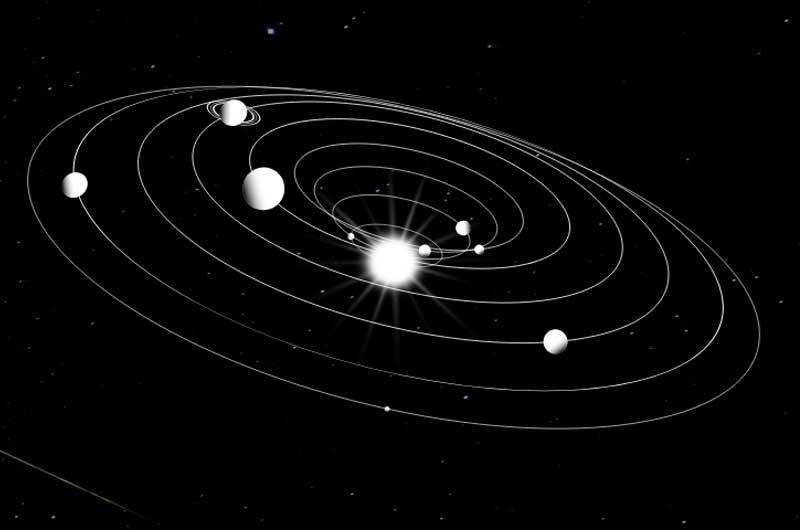
Machine Learning for Dynamical Systems
Machine Learning for Dynamical Systems is a center of excellence advancing artificial intelligence and astrodynamics research. By designing state-of-the-art machine learning models, we enable next-generation spacecraft autonomy in complex dynamical environments and open-source our findings to expedite the rate of adoption within the community.
Learn More for Machine Learning for Dynamical Systems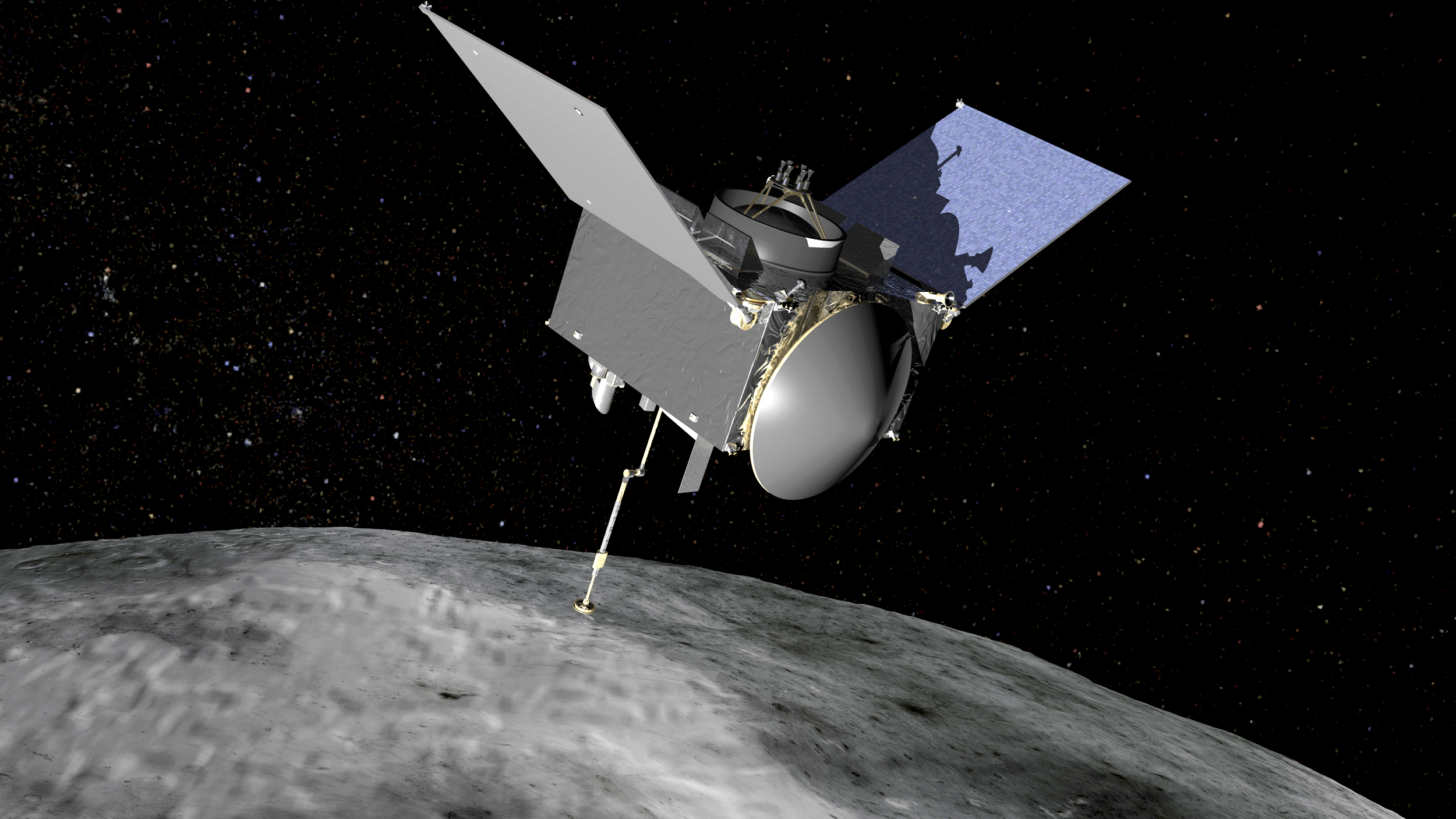
Planetary Surfaces and Spacecraft Lab
The Planetary Surfaces and Spacecraft Lab is located in the Department of Aerospace Engineering at the University of Maryland. We are a computational and experimental lab interested in the intersection of planetary science, plasma physics, granular mechanics, and spacecraft design. Dynamics and orbital mechanics are the foundation upon which we explore the universe. We are interested in improving our understanding of the fundamental physics of phenomena and then using that knowledge to make predictions and designs.
Learn More for Planetary Surfaces and Spacecraft Lab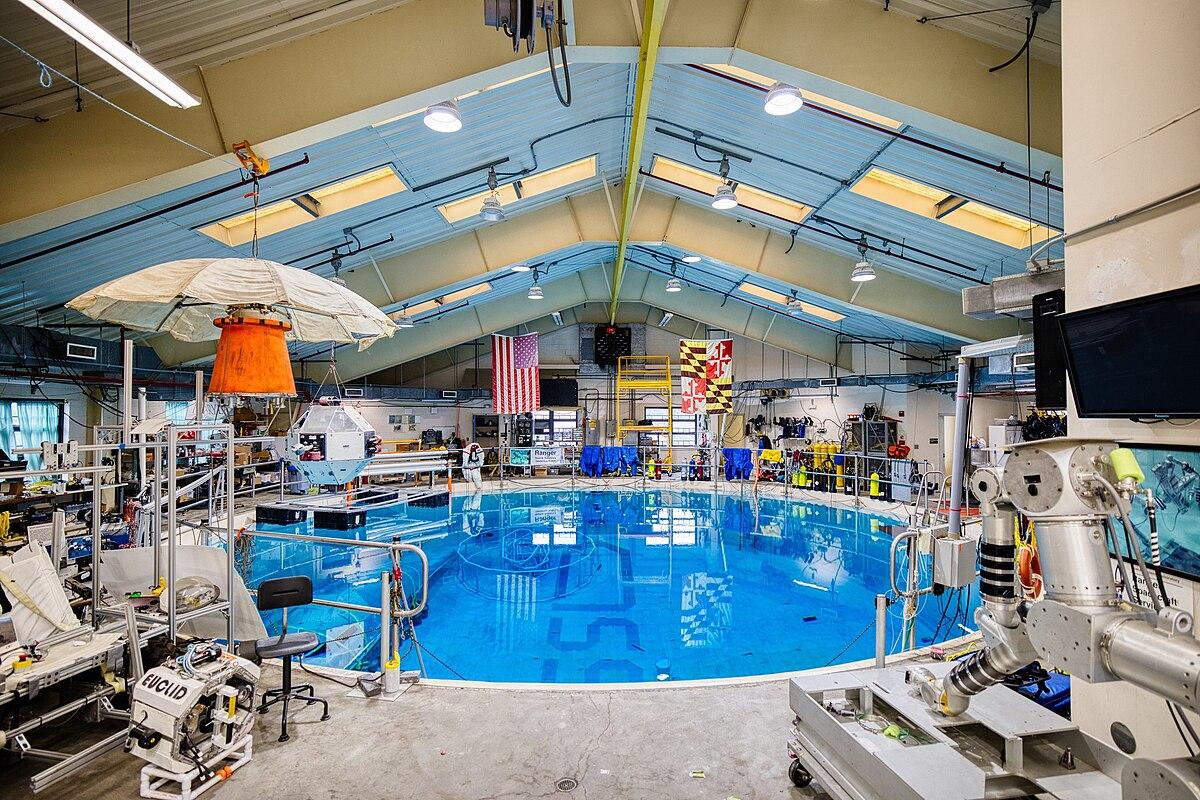
Space Systems Laboratory
A leader in the area of astronautics, the Space Systems Laboratory is centered around a 50-foot diameter, 25-foot deep water tank that is used to simulate the micro-gravity environment of space. The only facility of its size housed on a university campus, Maryland's neutral buoyancy tank is available for undergraduate and graduate research opportunities. Research in Space Systems emphasizes space robotics, human factors, applications of artificial intelligence, and the underlying fundamentals of space simulation.
Learn More for Space Systems Laboratory
Strategic Space Sensing Lab
The Strategic Space Sensing Lab at Maryland develops advanced sensing methodologies to discover, track, and characterize space objects across a wide range of applications, including space situational awareness, planetary defense, planetary science, and exploration.
Learn More for Strategic Space Sensing Lab
